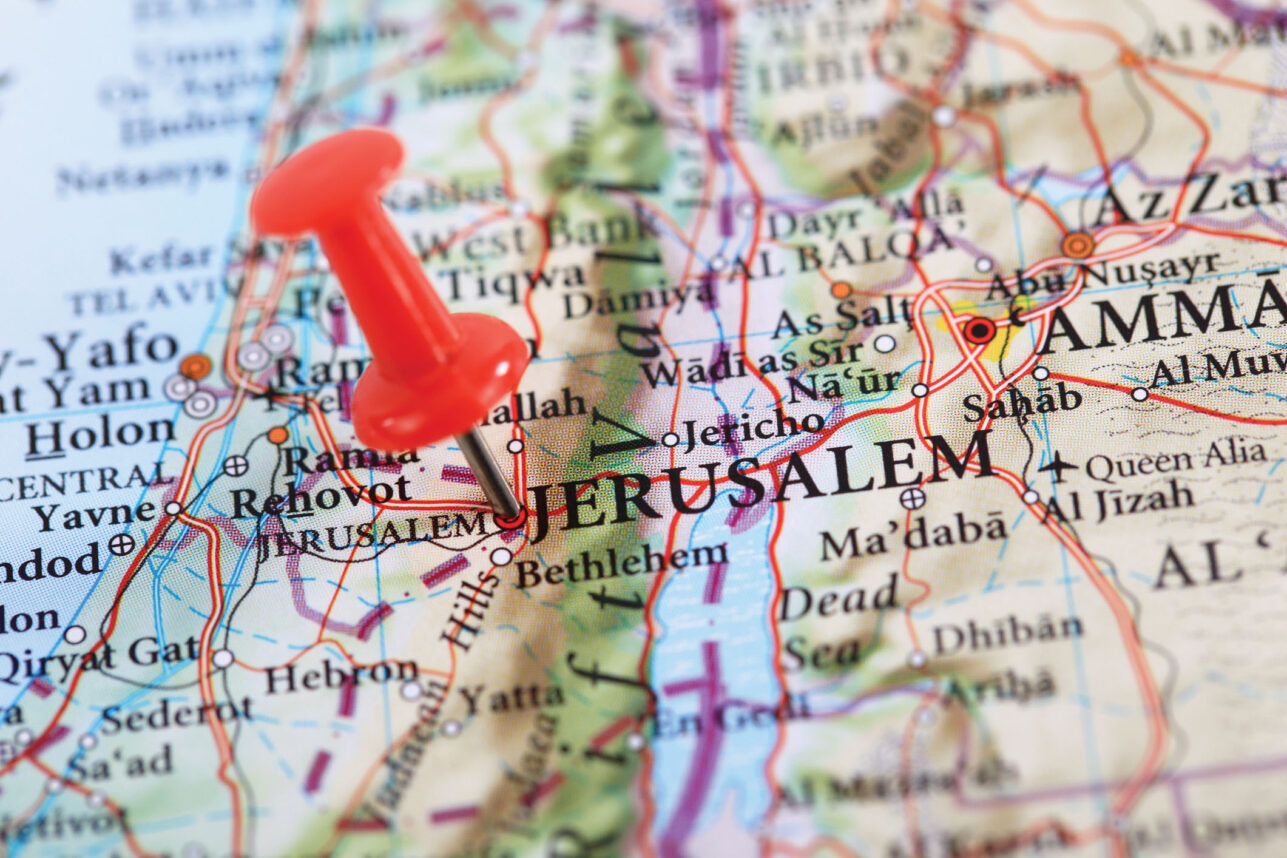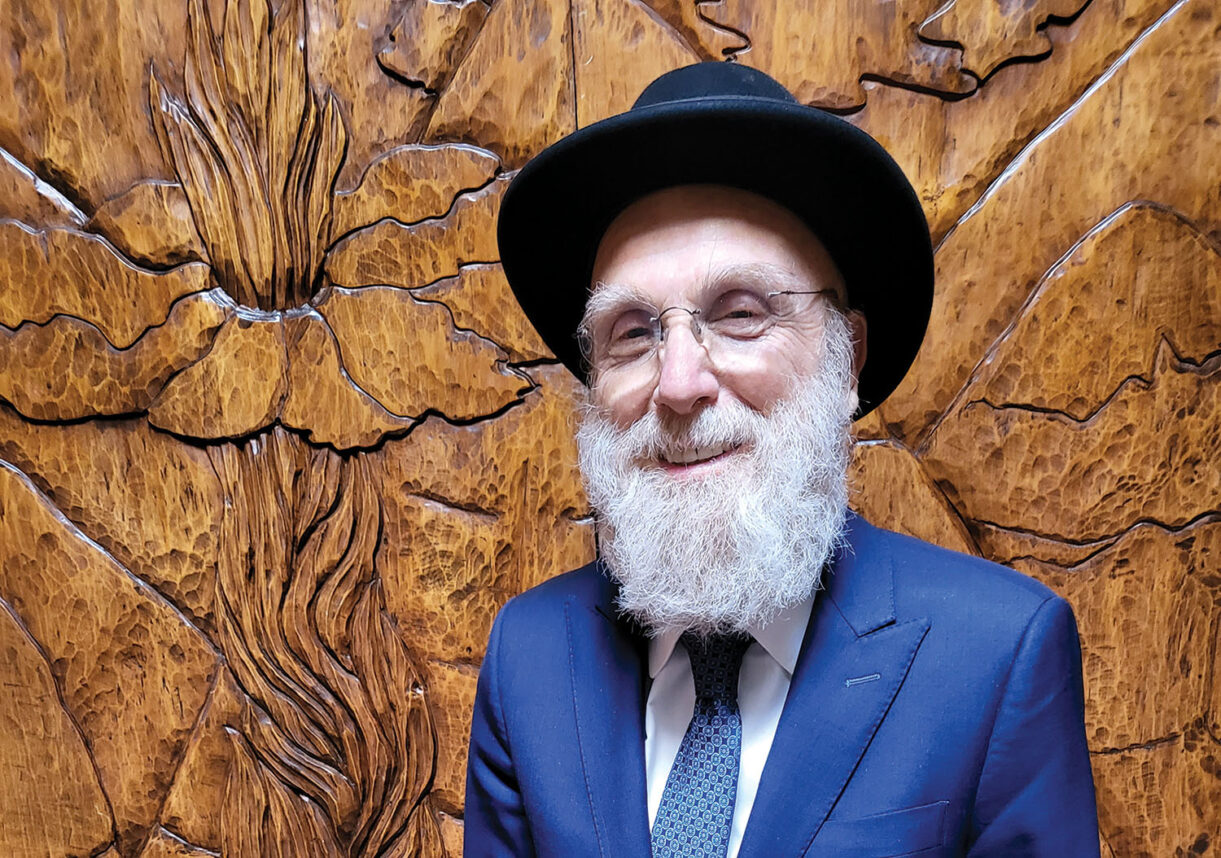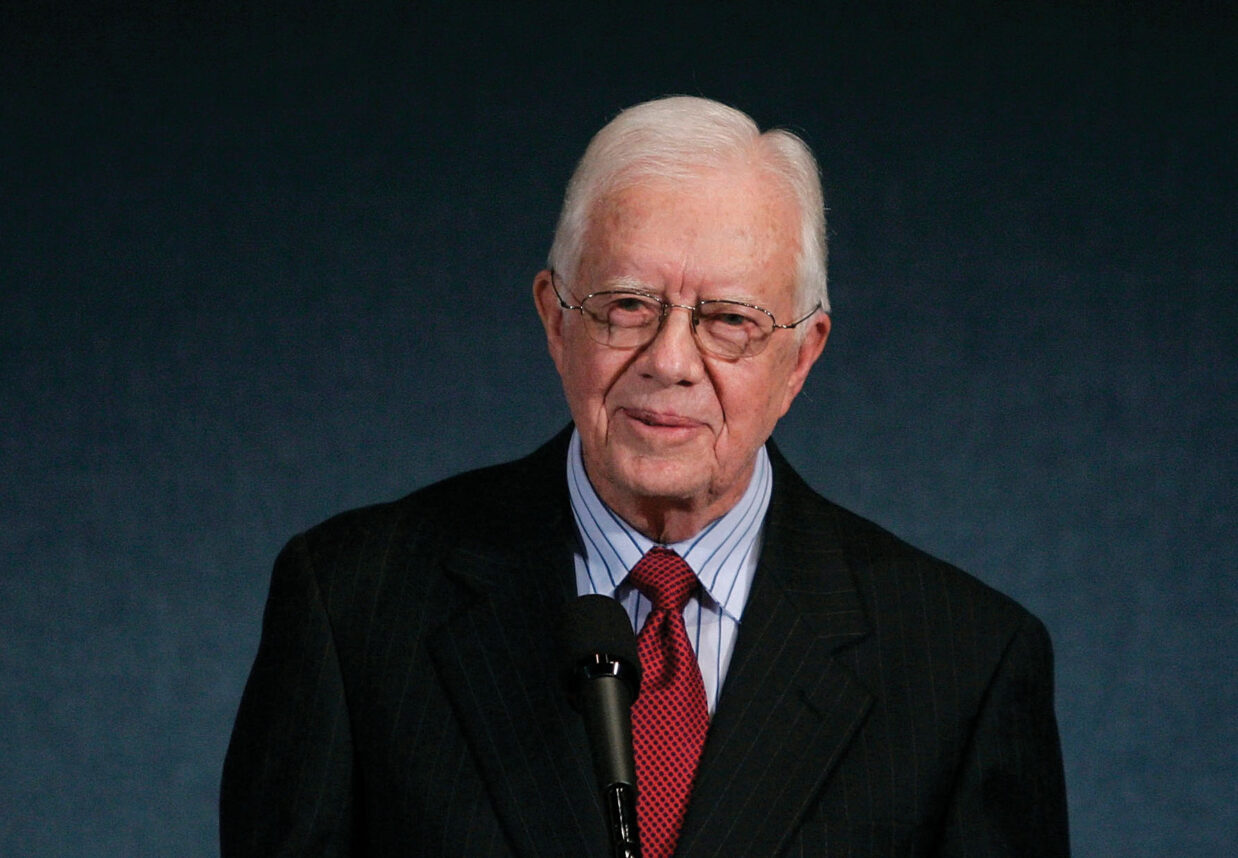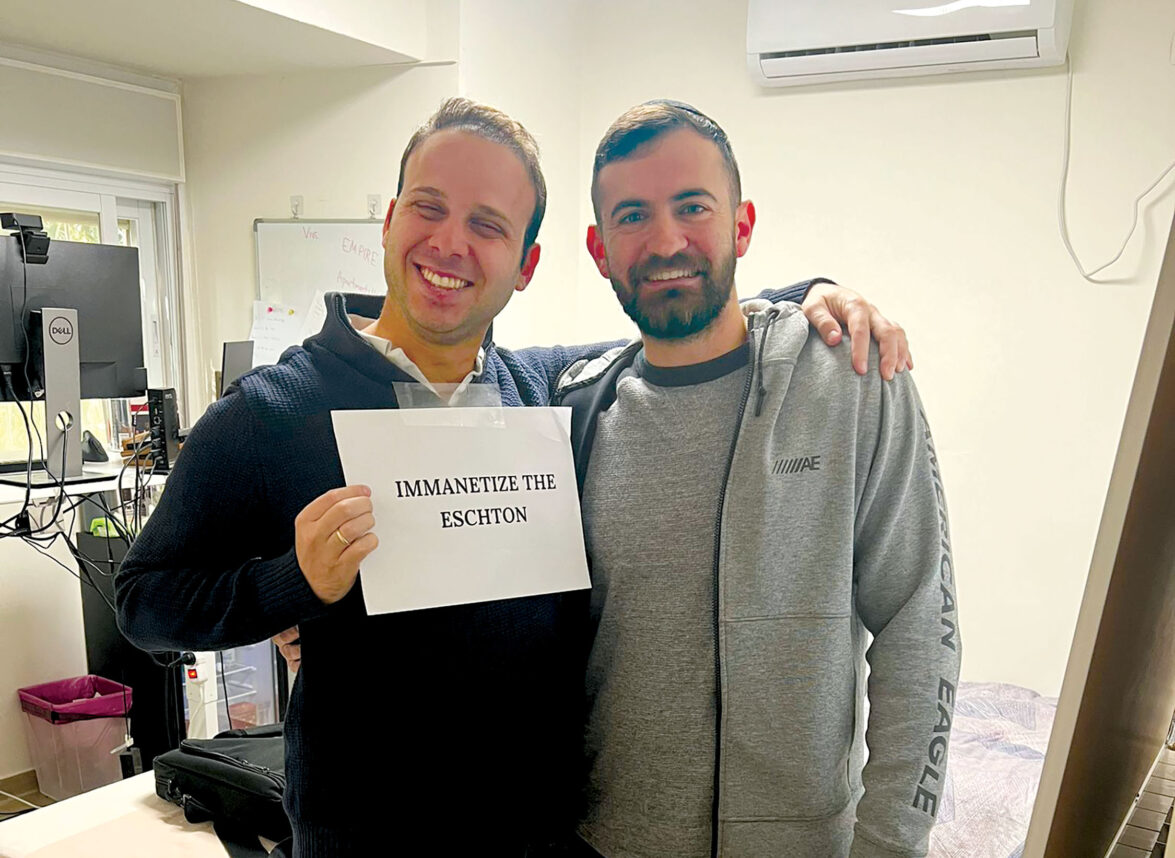1.
Two years ago, in Santa Monica, I wrote an article for the NYT about my daughter’s first introduction to the bomb shelter. She was about five years old at the time, and now she’s seven. She was afraid then and is even more afraid today. “My children are among the lucky ones”, I wrote back then. “Living in Tel Aviv and not in Israel’s southern towns, where Israeli children, including some of my children’s friends, experience rocket fire much more frequently. They are the lucky ones, living in mighty Israel, not in Gaza, where Palestinian children bear the lion’s share of the violence”.
They are still the lucky ones. The number of casualties in Gaza already far exceeds the number of Israeli casualties. It is already clear that the Gazan population is going to suffer much more than Israelis will. Of course, this is small consolation – in fact, no consolation – to most Israelis. Golda Meir once famously said, in her also famous priggish manner: “we can forgive the Arabs for killing our children. We cannot forgive them for forcing us to kill their children”. I never much appreciated the sentiment expressed in this quote, because I don’t think it is very honest. For most people it is much harder to forgive the killing of our people than the violence Israel is forced to inflict on other people.
And yet, when thinking about the harm Hamas inflicts on its surroundings, it is worth remembering that it harms the Palestinians more than it harms Israel.
2.
Yesterday, just half an hour after the siren went off, I decided to go for a run in the park, rationalizing it by comparing the increased chance of being hit by a rocket to the reduced chance of being hit by a car. It was a simple formulation: rockets rarely hit anyone, but cars do. If people are less likely to be on the road, this means less cars, and less risk as I cross the street. Over all, I assumed, it was less dangerous being out yesterday than it is on a day without rockets.
I was fooling myself. The number of cars was just about the same as every day, as was the number of joggers and bikers in the park. In Tel Aviv’s amusement park, people were riding the rollercoasters. That is to say: Israel is under attack, and many Israelis are suffering and afraid, especially those living closer to Gaza. But many Israelis treat the whole thing as no more than a periodical nuisance. That is to say: At least from Tel Aviv, it seems like Hamas is losing.
3.
A lot has been said about the unsustainability of the situation. Jeffrey Goldberg tweeted yesterday the following message: “Obama has been saying for some time that the Israeli-Palestinian status quo is unsustainable. This week proves him correct”. I have much respect for Goldberg’s (and Obama’s) analytical prowess, but I get to disagree: the current skirmish is, sadly, the status quo, not a deviation from it, and thus, no proof has been presented yet that the status quo is unsustainable.
4.
In 2008, I wrote for Slate about “the problem nobody wants” – Gaza. Only one faction wanted Gaza – Hamas. In a 2010, I wrote again for Slate about Gaza. And I believe that the following paragraph from that article is worth repeating as the current situation unfolds:
With events in the Middle East moving rapidly, with political landscapes shifting week to week, few observers care to remember how the situation in Gaza came about and why. Since 2007, the policy of the International Quartet has been to isolate the government that controls Gaza after Hamas forces ousted the forces loyal to the official representative of Palestinians from the Strip in a coup. An ugly and violent coup. “In five days of intense fighting,” reported Der Spiegel, a respectable European publication, “Hamas wrested political control over the 1.4 million Palestinians living in the Gaza Strip. Fatah's troops offered surprisingly little resistance. By the end of [the] week, victorious Hamas fighters were driving [a Fatah leader's] few remaining men half-naked through the streets, before executing them in the desert.”
I wrote an article for Slate again today. One of the points I make in it is simple: currently, nobody wants Hamas’ rule in Gaza to end. Hamas is the guardian of a sustainable, if depressing, status quo.
5.
And here’s another old article of mine to consider. It’s about the success of Iron Dome, the system that intercepts most of Hamas’ rockets. “When the system was under discussion”, I wrote in 2012, when it was first apparent what kind of change it makes in Israel’s calculations, “Israel’s defense establishment was all against it. Too pricy, opponents said, and who knows if it would work?” It took then Defense Minister Amir Peretz, “a man untrained in defense jargon but with a keen eye on the needs of his fellow citizens – including fellow residents of Sderot, where rockets from Gaza have long been a regular nuisance – to insist on giving the system a first push and finding the initial budget for it when not even the prime minister was of much assistance. Fighting the generals, the strategists and the veterans, Peretz made it happen”.
Can you imagine how rapidly things would have to escalate had Israel not had Iron Dome? Think about it this way: Iron Dome protects not just the lives of Israelis – it also saves the lives of many, numerous, Palestinians living in Gaza because it gives Israeli leaders more room for political maneuvering and more time to respond calmly and less violently.























 More news and opinions than at a Shabbat dinner, right in your inbox.
More news and opinions than at a Shabbat dinner, right in your inbox.